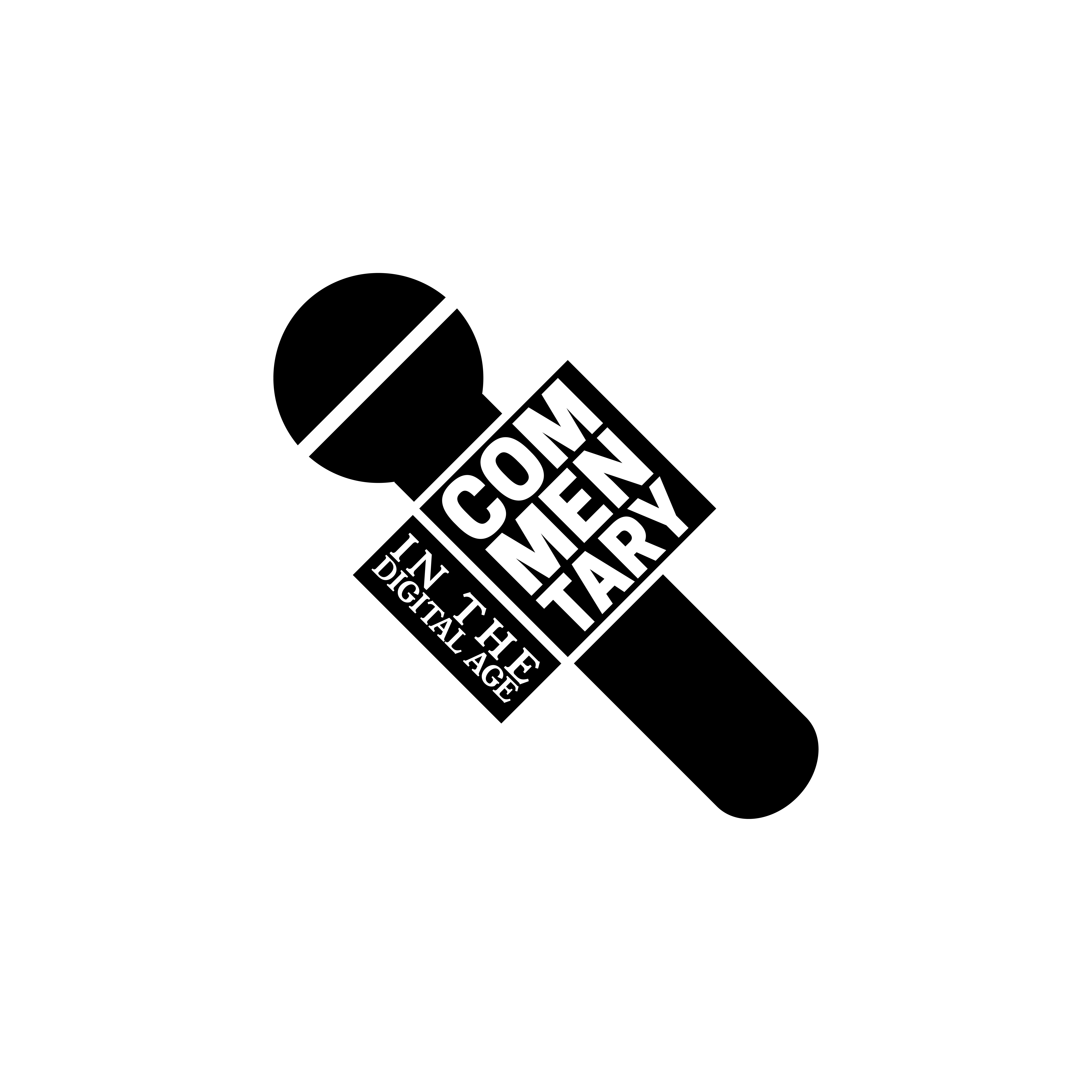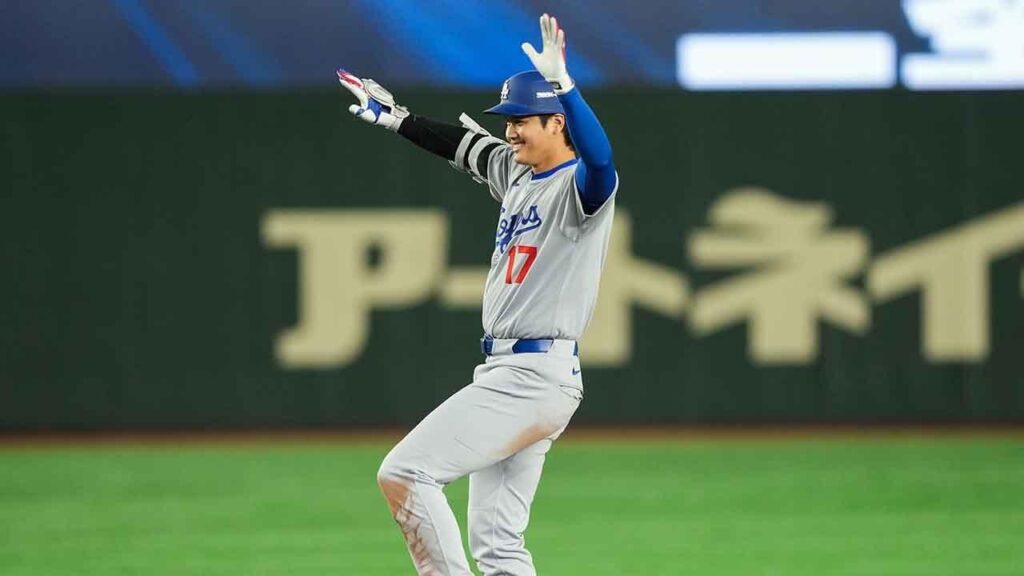PHOENIX — This morning I awoke abruptly at a much earlier hour than usual. My alarm is typically set for 4:30 a.m. on weekdays, which gives me enough time to gather my belongings, make my way into town and get at least an hour of exercise in before I start my daily routine.
Today was different. It was a 3 a.m. wakeup call to watch some of Major League Baseball’s (MLB) most prolific organizations compete against one another in Tokyo, Japan. The reigning world series champions, the Los Angeles Dodgers, routed the Chicago Cubs in a 4-1 victory in the first of a two-game series which will showcase a few of the most talented players in the MLB — many of whom just so happen to be Japanese as well.
Although this is not the first instance that American professional baseball has been played on Japanese soil, I began to wonder if tapping further into the Japanese market could be the beginning of the revival of professional baseball in the U.S.
In recent years, the subject of baseball’s popularity in America has been of paramount concern for baseball fans around the country. For over a hundred — dating back to the year 1856 — baseball held the prestigious title of being the United States’ “national pastime.” However, in the past several decades, that has no longer been the case, and broadcast viewership has taken a mighty turn in favor of the National Football League (NFL).
So, what the hell happened? There’s something to be said about the notion that professional baseball seemed to be much more interesting to Americans in the eras that were consumed with rampant steroid use, what that is, I’m not quite sure.
Perhaps it’s the fact that the average cost of a hot dog at a professional baseball game is now $5.99. Perhaps it’s the fact that the average ticket price to attend a game has increased by about a dollar per year over the last two decades (up from $22.21 in 2006 to $38.02 in 2024).
Whatever the case may be, any interest in professional baseball that has been lost by American fans has been found by the Japanese baseball culture.
Think about the Oakland Athletics for example. A professional sports organization, with a local population of nearly eight million people, and a GDP greater than or comparable to that of any number of countries, just couldn’t rally enough support to even keep the team in their home town. Yes, much of the concerns with the organization stemmed from poor leadership in the front-office, but the bottom line is this: people just aren’t buying tickets to baseball games like they used to.
And yet, in a city that is over 5,000 miles away from Los Angeles, and over 6,000 miles away from Chicago, the house was packed with smiling fans and supporters of each team representing both countries. Want to know another interesting tidbit? The hot dogs are even more expensive in Japan, yet the seats are still full.
Thankfully, MLB game attendance saw its first increase in over seven years during the 2024 season, but it’s no coincidence that much of that had to do with Shohei Ohtani’s historic success on the ball field the past two seasons. Last year, the future hall-of-famer produced shockwaves that reverberated across the baseball universe
when he became the first ever MLB player to tally 50 home runs and 50 stolen bases in a single season. No, not even Babe Ruth, Willie Mayes, Hank Aaron or Ted Williams have done so — only Ohtani.
And Ohtani’s just the beginning. In what has been dubbed “the most star-studded game to take part inside the Tokyo Dome,”
fans will see the likes of NPB All-Star Seiya Suzuki and the MLB All-Star southpaw Shota Imanaga face off against Ohtani, Yoshinobu Yamamoto and Roki Sasaki. Each of whom are considered to be top-tier talent in their respective positions. Though previous Tokyo Dome matchups have featured familiar faces such as Ichiro Suzuki, none of the previous Japan-based series have boasted as much Japanese talent as this current two-game series between the Cubs and Dodgers.
It may be that the heyday for baseball is over in America, but that doesn’t mean that baseball has to die. My hope is that as the game continues to grow in overseas markets, much like it has done in Japan throughout the past few decades, that perhaps we’ll see a revival in the love of the game as a nation.
But, until that day comes, we all ought to say a personal “thank you,” to the Japanese people for their overwhelming support and appreciation for a sport that has long been underappreciated in the homeland of its inception.


